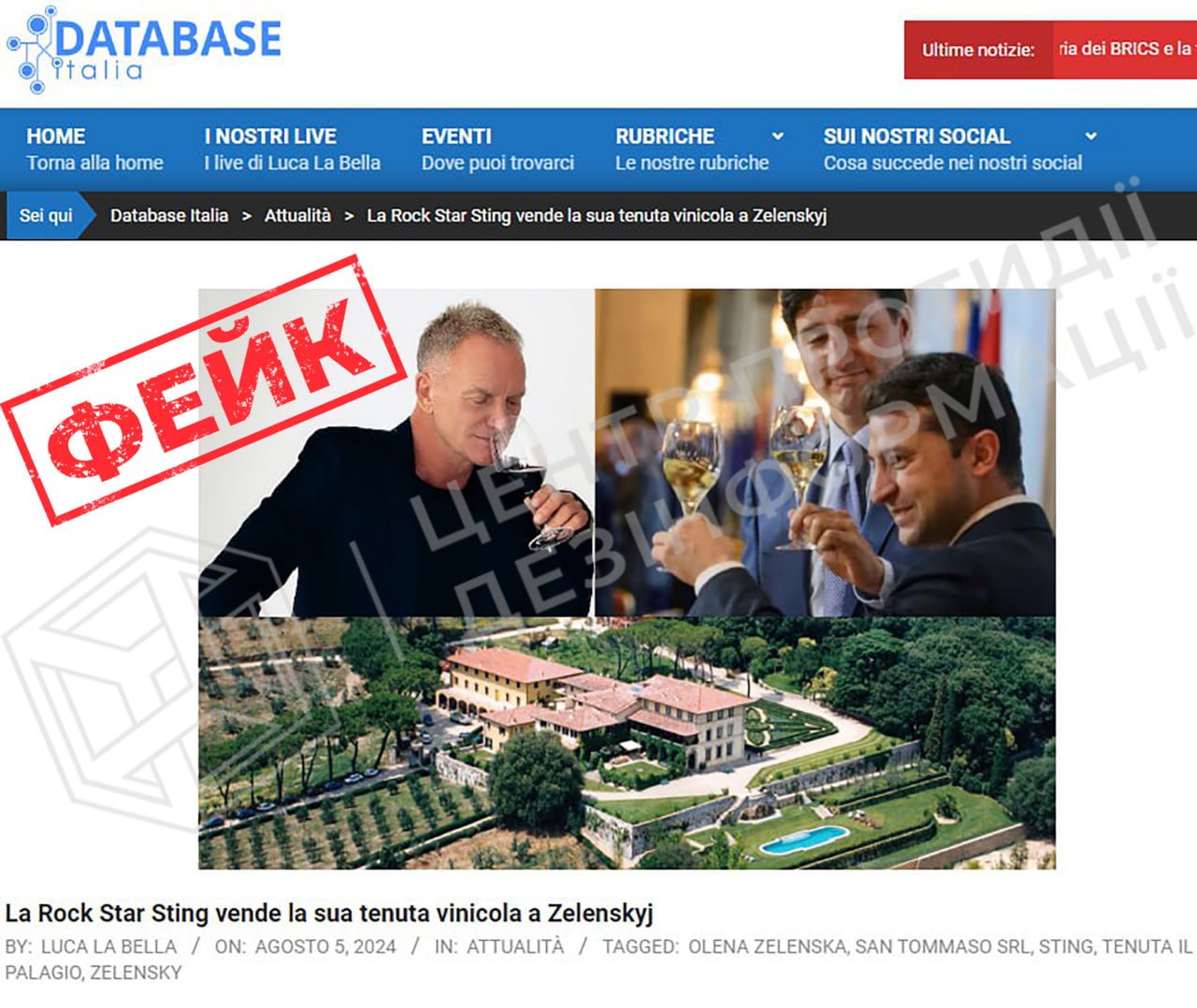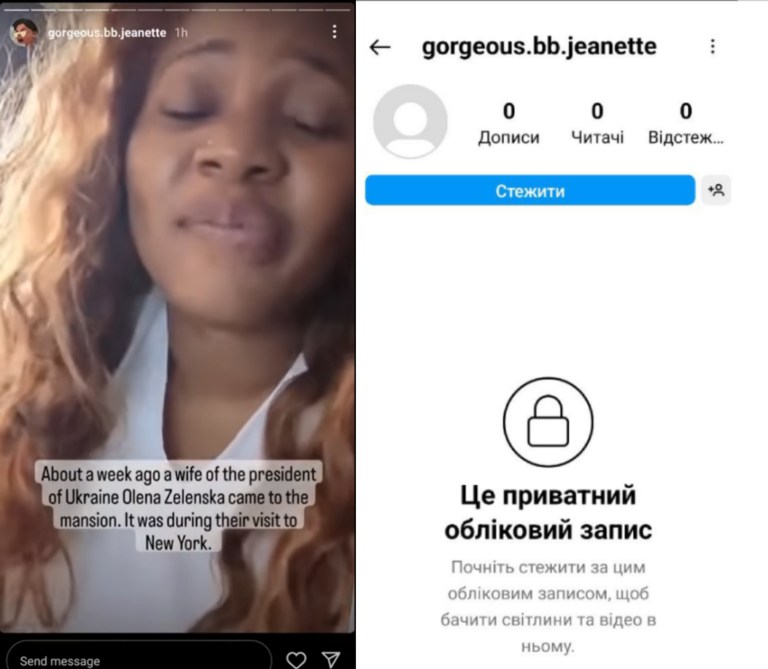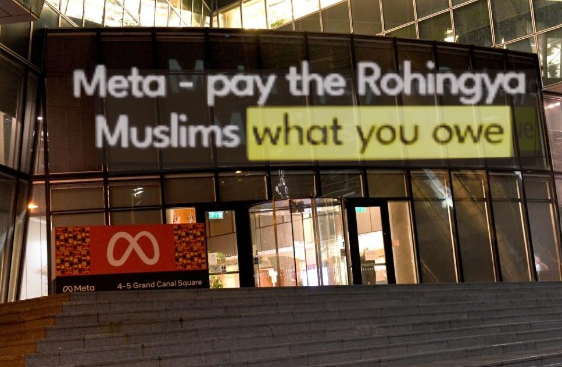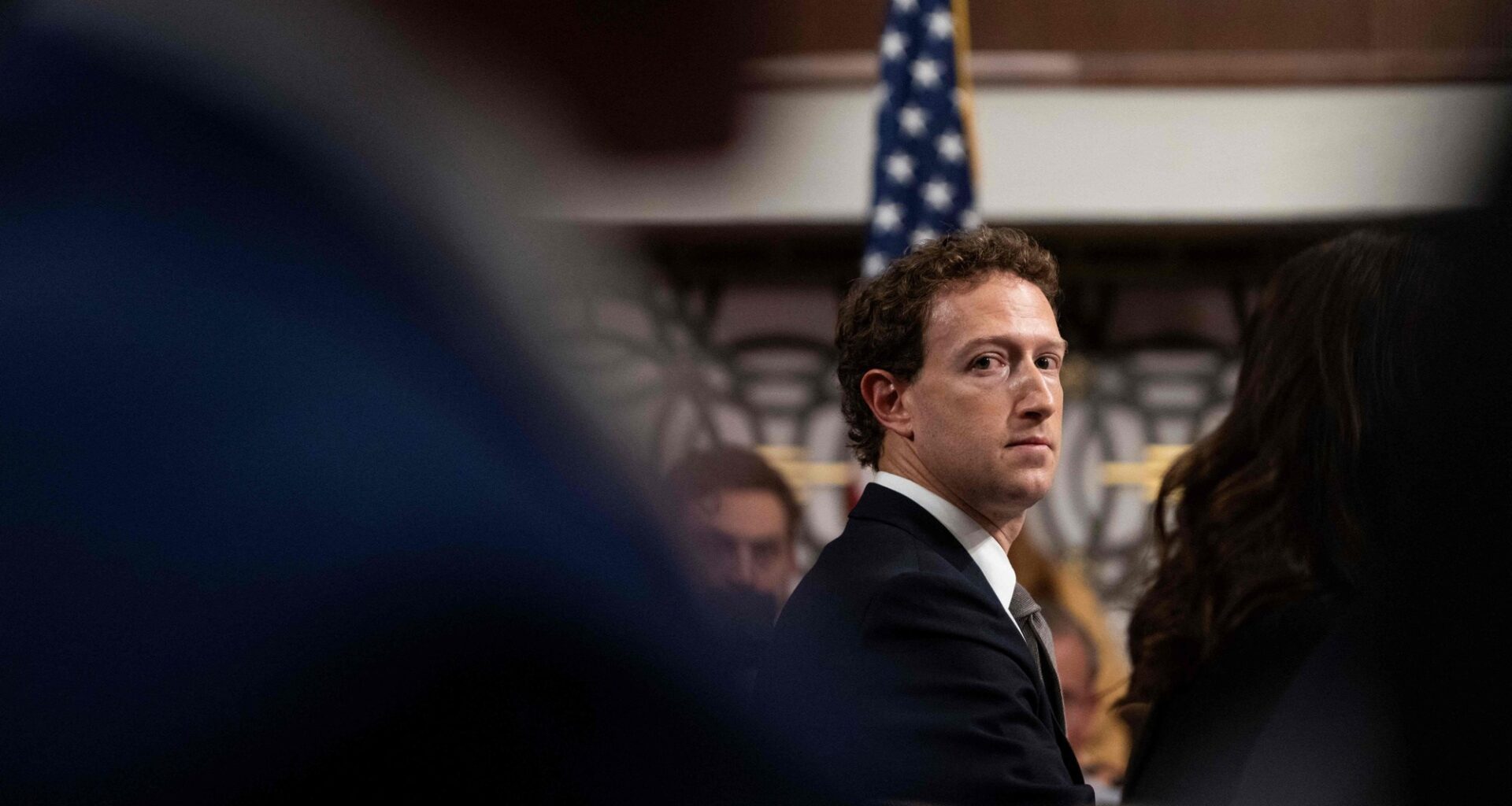Remember that last viral post you saw about election fraud? The one that made you wonder if it was real? Now imagine a world where no one checks if it’s true – where Russian bots can freely spread disinformation about everything from your local elections to international conflicts.
That’s exactly what’s at stake with Mark Zuckerberg’s latest announcement.
On 7 January, Meta’s CEO declared plans to replace professional fact-checkers with a community-based system similar to X’s “Community Notes.” As a co-founder of StopFake.org, a Ukrainian fact-checking organization working with Meta, I’ve seen firsthand how this decision could unleash a tsunami of unchecked propaganda – and Ukrainians would be the first casualties.
Zuckerberg claims this change will “restore free speech” and eliminate what he calls “censorship” and “bias” from fact-checkers. This is a deliberate misrepresentation: “censorship” has nothing to do with our work. We’ve never had the power to censor anything.
Our mission is simple: we remind people of the facts and add truthful context to false or manipulative posts. What happens to flagged content? That’s entirely Meta’s decision.
Just days before Zuckerberg’s announcement, the US Department of Justice uncovered a sophisticated Russian propaganda operation using AI-generated content. The influence campaign created fake videos showing supposed Americans parroting Putin’s false claims about “historical Russian territories” and justifying the invasion of Ukraine in comments under popular politicians’ posts.
And here’s what keeps me up at night: without fact-checkers, these sophisticated campaigns could soon flood Meta’s platforms unchecked.
Think this only affects Ukraine? Think again. The same Russian troll farms that flood social media with fake stories about Ukrainian corruption are already targeting US elections. Recently, they created a viral video showing a supposed Haitian immigrant bragging about voting for Harris multiple times in Georgia, complete with fake documents.
AP journalists debunked it; if such content appeared on Facebook, we would have flagged it as false, warning voters about the manipulation. However, similar content could soon spread unchecked across Meta’s platforms.
In addition to containing fake addresses, a driving licence in the video of Haitians voting for Kamala Harris multiple times in Georgia has a picture that is actually a stock photo titled “happy smiling African man”, credited to a company in South Africa.
H/T @okiewhiplash https://t.co/WNTvXYQWQk pic.twitter.com/HLdOFJVPPJ
— Shayan Sardarizadeh (@Shayan86) November 1, 2024
The sophistication of these operations would shock most Americans. Russian propagandists create near-perfect copies of legitimate news websites, complete with similar domain names. They’ve fabricated versions of Fox News, Le Monde, and Der Spiegel. These aren’t amateur operations – they’re part of a coordinated campaign called Doppelganger that’s been running since May 2022.
The lies follow a calculated pattern: paint Ukraine as a corrupt Nazi-run failed state, deny documented atrocities like Russia’s Bucha massacre, and scare Europeans with false claims about sanctions. But here’s the frightening part: these aren’t random trolls. They’re using a network of fake websites feeding into your Facebook and X through disposable fake accounts – “burned accounts” that vanish once their damage is done.
Researchers from EU Disinfo Lab described how it works: when a fake video in a fake article quotes a poll from fake media, pushed by fake Facebook profiles, it creates a perfect storm of misinformation that’s increasingly difficult for average users to detect. According to Counter Disinformation Network, Doppelganger is still operating in 2024 on X and Facebook.
Ukrainian experts understand what’s really at stake: if fact-checkers leave Meta’s platform, Russian disinformation will flood the space unchecked. In this war, Ukraine isn’t just fighting on the physical battlefield—we’re fighting on the information front. Russia’s propaganda machine spends billions of dollars spreading toxic narratives.
Want to see how sophisticated these campaigns are? Take one of the Kremlin’s favorite tactics: portraying Ukraine as a hopelessly corrupt state by targeting our leadership with elaborate fake stories. For two years, they’ve been crafting increasingly sophisticated narratives about President Zelenskyy and his family’s supposed luxury purchases.
The latest fabrication? A story about Zelenskyy allegedly buying an €18 million villa with a bomb shelter on a French island, supposedly preparing an escape plan. The real estate company that sold the villa had to publicly deny any connection to Ukraine.
But this wasn’t the first fake “purchase.” They claimed he bought Sting’s Italian villa for €75 million (it’s still owned by Sting), a hotel-casino in Cyprus (debunked by local authorities), and – in a particularly cynical twist – even the former mansion of Nazi propaganda minister Joseph Goebbels, which wasn’t even for sale because the municipality feared purchase by far-right groups.

They even fabricated a story about his mother-in-law buying a villa in Egypt, supported only by a poorly forged document with her name misspelled. Our fact-checkers debunked all these stories.
The campaign doesn’t stop there. When they claimed Ukraine’s First Lady spent over a million dollars on Cartier jewelry in New York, providing a “receipt” dated 22 September 2023, we easily proved it false – the Zelenskyys were officially in Canada that day. When they spread a story about Mrs. Zelenska buying a €4.5 million Bugatti Tourbillon just before a crucial NATO summit in July 2024, Bugatti themselves stepped in to debunk it.

Our Spanish fact-checking partners at Maldita.es have documented how these disinformation campaigns about the Zelenskyys circulate from Georgia to Argentina. And this is just one of thousands of channels in the Kremlin’s propaganda machine.
From Bucha to Myanmar, we’ve seen how disinformation paves the way for genocide. In 2017, thousands of Rohingya Muslims were slaughtered – and it started on Facebook. Years before the genocide, Myanmar’s military and radical Buddhist groups turned the platform into an echo chamber of hate, flooding it with false claims about Muslims “inevitably taking over the country” and portraying the Rohingya as “invaders.”
While the Rohingya had faced discrimination for decades, it was social media’s polarizing algorithms, supercharged with unchecked disinformation, that helped turn persecution into genocide. The military used Facebook to justify mass murders, rapes, and the burning of entire villages. One viral post, shared over 1,000 times, labeled a Muslim human rights defender a “national traitor,” with comments calling for his execution and the elimination of his “race.” There were no fact-checkers in Myanmar to flag this content.

Let’s say Zuckerberg gets his way and Community Notes replace professional fact-checkers. Who’s going to spot those carefully crafted Russian fakes designed to look just like real news? Can we really expect regular users to catch state-sponsored deception that even experts struggle to identify?
The evidence says no: Last year, the Poynter Institute found that Community Notes on X failed miserably at fighting election disinformation in the US Even worse, Science Feedback discovered that most content flagged as false simply stays up, spreading unchecked.
As representatives of several IFCN member organizations wrote in their open letter to Zuckerberg: Freedom of speech is not just the right to speak – it’s also the right to point out what isn’t true. Meta’s third-party fact-checking program doesn’t restrict this freedom – rather, it protects it by giving users the context they need to make informed decisions.
In this war, disinformation is as deadly as bullets. A viral fake can reshape reality within hours, and the cost is measured in lives. Removing fact-checking safeguards isn’t just dangerous for Ukraine – it’s playing Russian roulette with American security. While we fight for survival, America’s reputation and soldiers’ lives hang in the balance if this war goes global because no one stopped it in time.
Even in pure dollars, the math is clear: According to the American Enterprise Institute, a Russian victory would force the Pentagon to spend over $800 billion more by 2029. That’s far more expensive than current military aid to Ukraine.
The stakes for democracy worldwide couldn’t be higher. In 2024 alone, the European Union Institute for Security Studies has identified Russian and Chinese election interference attempts in 21 countries, including the United States. Until now, analysts note, the US effectively countered these threats. But with fact-checking barriers removed, foreign propagandists will have free rein to spread their narratives.
We’re already seeing it happen: right now, Russian bots are running a pro-Kremlin disinformation campaign to support an anti-NATO presidential candidate in Croatia. The European Fact-Checking Standards Network warns that removing independent fact-checking during this crucial election year effectively invites foreign interference in democratic processes across Europe.
For Americans, this isn’t just about foreign policy – it’s about protecting the integrity of your information ecosystem.
Professional fact-checkers serve as your guides through this landscape, helping you distinguish truth from carefully crafted fiction.
The choice facing us is clear: either we maintain professional fact-checking as a barrier against manipulation, or we accept a future where your news feed becomes an unchecked battleground of competing propaganda.
Zuckerberg promises to “return to the roots.” But do we really want to live in a world where truth is determined by mob rule?
Related:
- Operation “Doppelganger”: what the FBI knows about Russia’s latest fake news assault on Ukraine
- From Putin’s office to your timeline: hack exposes new Russian troll army
- A guide to Russian propaganda

